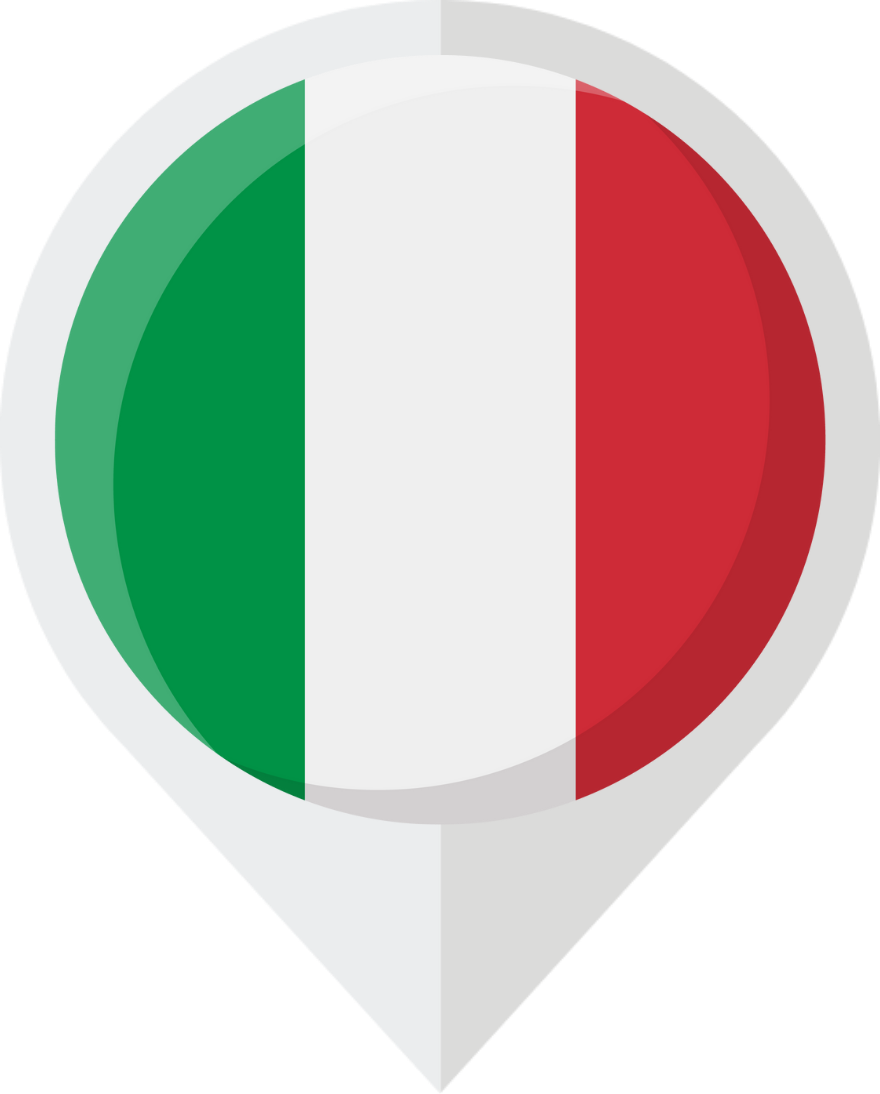
Premise:
Have you ever read something from a philosopher and thought, “Yes, this makes sense, this is true,” only to read another philosopher who says the exact opposite — and you think, “Wait, no, this makes sense too”? It happens to me continuously.
It’s like reading Locke and Hume.
Locke says, “We are born with a blank slate, like an empty notebook. Everything we know comes from experience — what we see, hear, touch, and so on.” Sounds right, doesn’t it? But then Hume comes along and says, “Sure, we learn from experience, but how do you know the sun will rise tomorrow? You’ve only seen it rise before. Your mind just assumes it will happen again, but you don’t actually know for sure.” And you think, “Wait, isn’t he also right?”
It feels confusing, doesn’t it? How can they both be right when they’re saying opposite things? That’s when Hegel steps in and says, “Relax, both of them are part of the truth. Locke focuses on the outside world — what we learn through experience. Hume highlights the uncertainty, memories, and predictions our mind creates based on that experience. Together, they reveal a bigger picture: knowledge emerges not just from external experience but also from the mind’s active role in organising and interpreting it (dialectical synthesis).
With this spirit, I approach Nietzsche and Bukowski, and my Hegel is Viktor Frankl.
Shall we burn hope, as Nietzsche suggests, or carry it like Bukowski’s lantern in the dark? Viktor Frankl might say, ‘neither.’
Nietzsche is clever. He sees that hope can be a trap. You sit there, waiting for tomorrow to save you. But what is tomorrow? It is a dream. And dreams, when clung to, become nightmares. Hope keeps you running, chasing something that may never come. You suffer now because you believe in the promise of relief later.
Perhaps, you are waiting for someone or something to come and save you — a saviour, a miracle, a stroke of luck. But this waiting, this dependence, becomes a prison. It limits your action, your freedom, your ability to move and shape your own life. When you place your hope in someone else, you give away your power. You hand over the reins of your life to a future that may never arrive, to a saviour who may never come. And in that dependence, you lose the courage to act here and now.
Stop waiting then. Stop hoping for someone to open the door. The lock is in your mind, and the key has always been in your hand. The moment you stop depending on the future, on others, on salvation from outside, you discover the immense strength of your own being. You realise you are not a victim waiting to be rescued — you are the source of your own liberation
But then, Bukowski comes along and says, “Without hope, a man is lost.” And he is not wrong. Without hope, you may stop running — but you may also stop moving altogether. You may sink into despair, frozen in the darkness of the present moment.
Personally, when it comes to hope, I believe nobody has observed and experienced it quite like Viktor Frankl. Frankl, a Holocaust survivor, neurologist, and psychiatrist, is best known for his book Man’s Search for Meaning, where he reflects on his time in Nazi concentration camps and explores the importance of finding meaning even in the darkest of circumstances.
In the book, Frankl offers a profound perspective on hope. He recounts the tragic story of a man in a concentration camp who believed he would be liberated by a specific date. That day became his sole focus and his only source of hope. However, when the day arrived and liberation did not come, the man’s hope was shattered. Shortly after, he died — not from physical exhaustion but because his spirit had given up.
For Frankl, this was a powerful lesson: hope tied to a fixed outcome can become a deadly trap. True hope, he suggests, must transcend specific outcomes and remain rooted in a deeper sense of meaning.
The Middle Path
So, what do we do? Shall we burn hope, as Nietzsche suggests? Or shall we carry it like Bukowski’s lantern in the dark? I say, neither. Let us go beyond hope.
Hope is neither your enemy nor your saviour. It is simply a tool. Use it when you must, but do not let it use you. Hope is like a ladder — you climb it to reach higher, but you don’t carry it on your back forever.
The problem is not hope. The problem is your attachment to it. You hope because you fear the present. You hope because you do not trust yourself to face what is here, right now.
A New Understanding
When you are fully present, hope becomes unnecessary. What is the point of dreaming about the future when you are enjoying the reality of now? But let’s not deny the truth — what beauty can you find in a concentration camp? In such unbearable suffering, hope becomes a lifeline, a fragile thread keeping you alive. Yet, even there, hope must not be blind. Use it when it helps, but do not let it enslave you. And most importantly, hope must not come with an expiry date.
Nietzsche feared hope because he saw its chains, tying us to illusions.
Bukowski loved hope because he felt its wings lifting us above despair. It was awful for him to work in a post office, not only because of the drudgery but also because he was unapologetically himself — a misfit in a world demanding conformity. But that’s another story.
Frankl, however, revealed something deeper: hope must be anchored not to a date or outcome but to meaning — a sense of purpose that transcends the circumstances.
For Viktor Frankl, survival was not just a question of “Will I survive?” but rather “Why must I survive?” For some, like the man in the concentration camp, the answer might be the vision of reuniting with loved ones — a meaning so profound it keeps the flame of life alive, even as the world crumbles around them. For Frankl himself, that meaning was found in his purpose: to document the horrors he endured and uncover the lessons within them. He clung to the belief that his suffering could serve a greater purpose, one that would help others navigate their own struggles. This sense of purpose became his anchor, transforming unimaginable pain into a deeper understanding of life and the resilience of the human spirit.
So, in the face of uncertainty and suffering, what is the “why” that fuels your hope and keeps you moving forward? How does your sense of purpose anchor your hope, even when the outcome is unknown?


